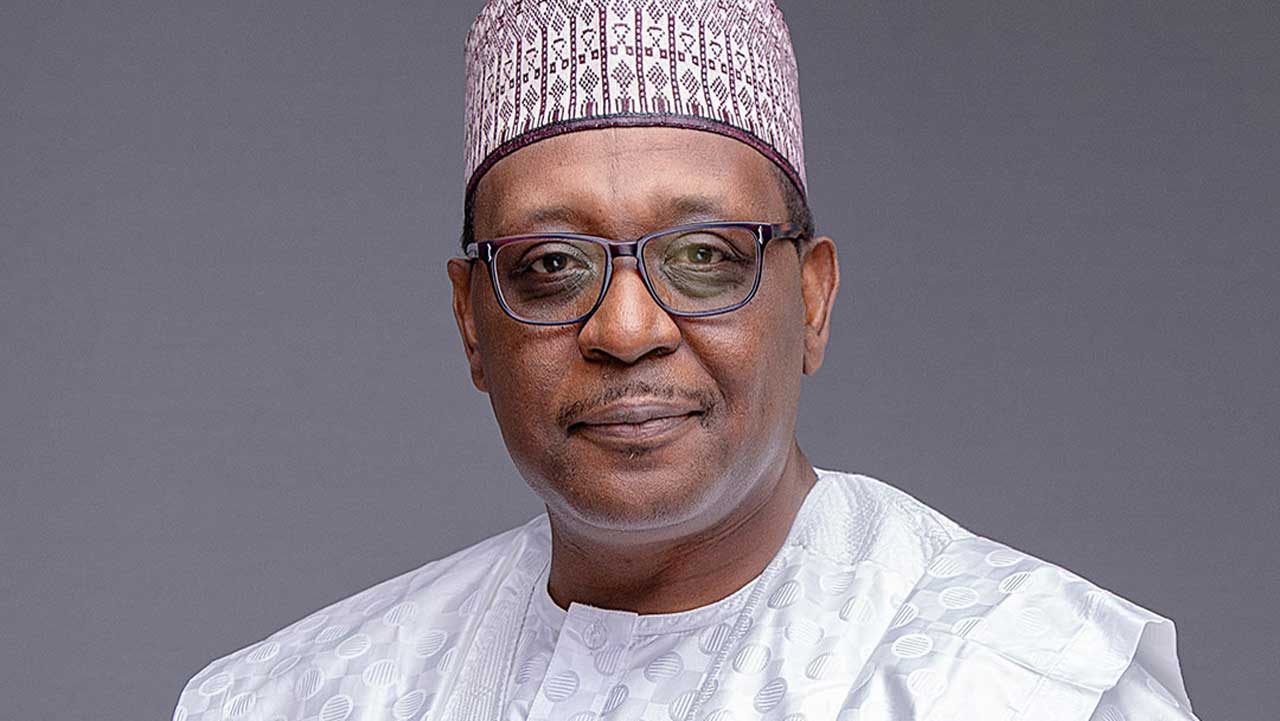172 LGAs account for over half of maternal deaths in Nigeria – FG
The Coordinating Minister of Health and Social Welfare, Prof. Muhammad Ali Pate has revealed that 172 local government areas in Nigeria account for more than half of the country’s maternal deaths. He stated this during a press briefing on the upcoming 2024 Joint Annual Review (JAR) meeting, which will take place from November 6 to […]

Muhammad Pate
The Coordinating Minister of Health and Social Welfare, Prof. Muhammad Ali Pate has revealed that 172 local government areas in Nigeria account for more than half of the country’s maternal deaths.
He stated this during a press briefing on the upcoming 2024 Joint Annual Review (JAR) meeting, which will take place from November 6 to 8 in Abuja.
According to the World Health Organisation (WHO), Nigeria has one of the highest maternal mortality rates globally, with 1,047 deaths per 100,000 live births, placing it behind only South Sudan and Chad.
The minister said, “By using a data-driven approach, we have identified that maternal mortality is highly concentrated in 172 local governments, which account for over half of all maternal deaths. These findings allow us to focus interventions where they are most needed, with targeted support to reduce maternal mortality and improve health outcomes for mothers and children.”
He said the government is now equipped with data from the 2023 Demographic and Health Survey (DHS) and baseline indicators from across states, adding that this would enable the ministry to track progress and make evidence-based decisions in key areas over the coming years.
The minister said results of the perception survey across all 36 states, covering over 2,600 Nigerians this year, will be unveiled during the JAR.
He said the results showed a positive trend in the public’s perception of primary and tertiary healthcare services.
He said though challenges remain in secondary healthcare, it highlights areas for improvement.
Prof. Pate said next week’s JAR is designed as an interactive platform, not merely a review, noting that the objective is not only to showcase achievements but to collectively address challenges and set actionable priorities.
He said the insights gathered will culminate in the first-ever State of Health Report, which will be shared with President Bola Ahmed Tinubu, the National Assembly, and the Nigerian public.
He said, “This report will establish a benchmark for health sector performance and hold us accountable in an ongoing dialogue with the citizens we serve. We are not here to judge anyone. This review is about co-creating solutions and improving healthcare across every region.”
